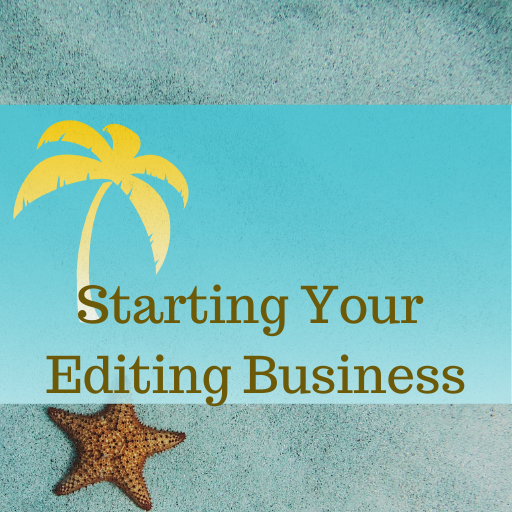5 tips for evaluating prospective clients
Occasionally I hear from editors who’ve gotten stiffed by a new client (and sometimes by a returning client!) and want to know how to avoid it.
Because my publisher clients are all reliable, the main thing I do to prevent problems is to expect full payment in advance from indie authors. Not everyone can do this, though, so here are five ways to keep from getting burned:
1. Do you notice any red flags, like the client wanting a rush job (doing a full dev edit in forty-eight hours)? If so, then what is making you ignore the flashing neon sign? Sometimes it’s because you need to pay the rent, so you’re willing to overlook some sketchiness. So, that’s a question I always ask myself if I’m feeling financially crunched: is the need to make money in the short run influencing my decision? If yes, I make myself step back and think about it at least overnight and usually for several days. Taking on a risky client to pay looming bills can backfire. Instead of getting the money to pay the bills you do the work and the client vanishes. Now you’re even more behind because those precious hours and days have been lost. If you’d been more patient and found a good client, you’d have done better.
2. If you’ve worked with the client before, would you willingly seek them out again? If yes, okay. It’s probably going to work out fine. A corollary to this rule is, “If the exact same thing happens this time as happened last time, is that okay with me?” In other words, if they took 90 days to pay last time, is that okay? It doesn’t matter what they’re promising, you have to look at their past behavior. Is it okay? If not, keep looking for a better opportunity.
3. If it’s a new client, check around for online reviews and Glassdoor reviews. Use the company name + “scam” and “complaint” – anything that will tell you what the client is like to work with. Obviously this works better for corporate clients, like book publishers, but you can also do a little research on a prospective indie author client. If I see batshit crazy writings on their blog, I figure a little “Gee, I’m not the right editor for you” goes a long way towards keeping my peace of mind.
4. Be wary of the potential for scams, like the author who wants you to do a sample edit of a very specific portion of their manuscript. (They may be trying to get multiple editors to edit all the different parts of their ms. Silly, but it happens.) If you do offer sample edits, pick the pages that you edit. Similarly, be on the lookout for scams like the author overpaying you and wanting a refund or asking you to send the overpayment to someone else, or fake employment scams where the con artist is just trying to get your personal information.
5. Say no to projects/clients you just don’t vibe with. You don’t even have to have a “good” reason for this. I turned down one potential client who called me Jen. No one calls me Jen. It’s not my name. It’s disrespectful to use nicknames without being invited to do so. Get the bad matches out of the way to make room for the good ones.
Join the Club!
New to story editing? Begin at the beginning.





